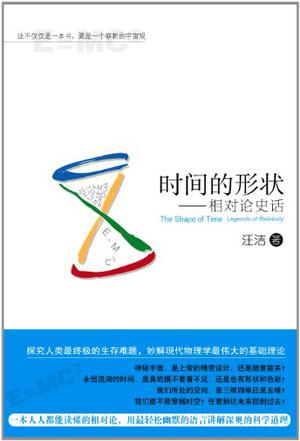Climate Policy After Copenhagen
内容简介
At the UN Climate Negotiations in Copenhagen, 117 heads of state concluded that low-carbon development is necessary in order to combat climate change. However, they also understood that transition ...
(展开全部)
At the UN Climate Negotiations in Copenhagen, 117 heads of state concluded that low-carbon development is necessary in order to combat climate change. However, they also understood that transition to a low-carbon economy requires the implementation of a portfolio of policies and programs - a challenging endeavour for any nation. This book addresses the need for information about factors impacting climate policy implementation, using as a case study one effort that is at the heart of attempts to create a low-carbon future: the European Emission Trading Scheme. It explores problems surrounding the implementation of the ETS, including the role of vested interests, the impact of design details and opportunities to attract long-term investments. It also shows how international climate cooperation can be designed to support the domestic implementation of low-carbon policies. This timely analysis of carbon pricing contains important lessons for all those concerned with the development of post-Copenhagen climate policy.
您对《Climate Policy After Copenhagen》有什么评价吗,点击右上角“我想说两句”,说出你的看法吧。
有什么“读后感”吗?您可点击右上角“我要写长评”来进行评价噢。
猜您喜欢读
网友关注
网友关注
精品推荐
分类导航















































评价“Climate Policy After Copenhagen”